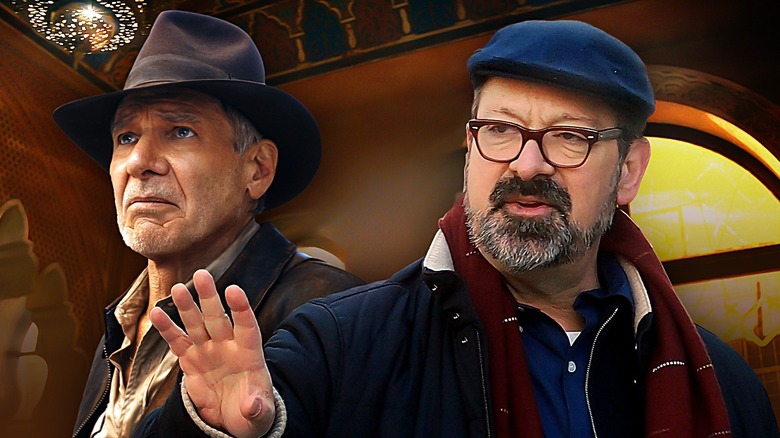
Static Media
James Mangold's adventure epic "Indiana Jones and the Dial of Destiny" was a monstrously expensive film to make. One report in Forbes noted that the film may have had a price tag of $387 million, which, if accurate, would make it one of the 10 most expensive films of all time. It came at the end of an unfortunate Hollywood trend — still in the midst of petering out — of overspending on massive tentpole blockbusters in the hope that it will make billions in return. This model worked for the very, very, very, very expensive "Star Wars: The Force Awakens," which cost about $447 million to make but earned over $2 billion worldwide. In recent years, though, the flops have become way more common than the hits, and pricey productions like "The Marvels" or "The Flash" end up tanking.
"Dial of Destiny," the fifth film in the successful "Indiana Jones" series, aimed to capture the same enthusiasm as "Star Wars," but audiences were unimpressed with the scale of the movie, its uninteresting plot, and the fact that star Harrison Ford — previously a capable action star who frequently punched bad guys, drove motorcycles, and bedded women — was now 80 years old and less capable of doing those things. Also, it was the first film in the series not to be directed by Steven Spielberg, which likely kept some of the more passionate fanboys away. It also didn't help that the reviews were merely lukewarm; it has a modest 70% approval rating on Rotten Tomatoes. "Dial of Destiny" only earned $384 million worldwide. Using Hollywood accounting (which includes marketing), the film likely lost about $143 million overall.
Mangold, naturally, wasn't happy the film flopped. The director of "Walk the Line," "Logan," and "A Complete Unknown" put a lot of thought and energy into his "Indiana Jones" movie, spending millions to make it look as slick as possible, and elated that he got to continue a series that he had been fond of since childhood. Then after all his hard work, most audiences didn't much care. Mangold spoke with Deadline recently and declared that he was hurt.
James Magold was hurt by the negative response to 'Dial of Destiny'
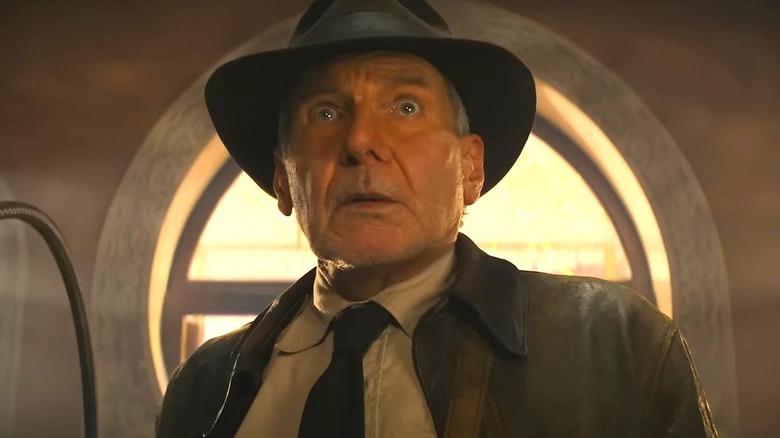
Lucasfilm, Ltd.
Mangold admits that he was at something of an impasse. Already assigned with the task of making a new "Indiana Jones" movie, he could either hire an 80-year-old Harrison Ford or cast a new actor. Given the options, the former seemed vastly preferable, but Mangold understood that audiences would reject either. He described his dilemmas thus:
"You have a wonderful, brilliant actor who's in his 80s. [...] So I'm making a movie about this guy in his 80s, but his audience on one other level doesn't want to confront their hero at that age. And I am like, 'I'm good with it.' We made the movie. But the question is, how would anything have made the audience happy with that, other than having to start over again with a new guy?"
More than anything, though, Mangold understood that audiences rejected his film's themes of mortality. All heroes die, he wanted to say. Action heroes, after all, live by a code of violence, often punching and killing hundreds of "bad guys" in the name of righteousness. But all that murder must wear away a person's soul and doesn't necessarily warrant a cushy existence late in life. Audiences accepted those themes in Mangold's "Logan" — about an elderly Wolverine — but rejected it with Indiana Jones. He said:
"Here come lifelong heroes from my childhood [Steven Spielberg and Kathleen Kennedy] into my life going, 'We have something for you to work on.' [It was a] joyous experience, but it hurt. In the sense that I really love Harrison and I wanted audiences to love him as he was, and to accept that that's part of what the movie has to say; that things come to an end. That's part of life."
The elderly Indiana Jones wasn't a good fit with a major studio or a mass audience, sadly. Harrison Ford has retired from the role, and no plans are currently afoot for any more Indiana Jones media. This is the way a franchise ends. Not with a bang, but a dial.

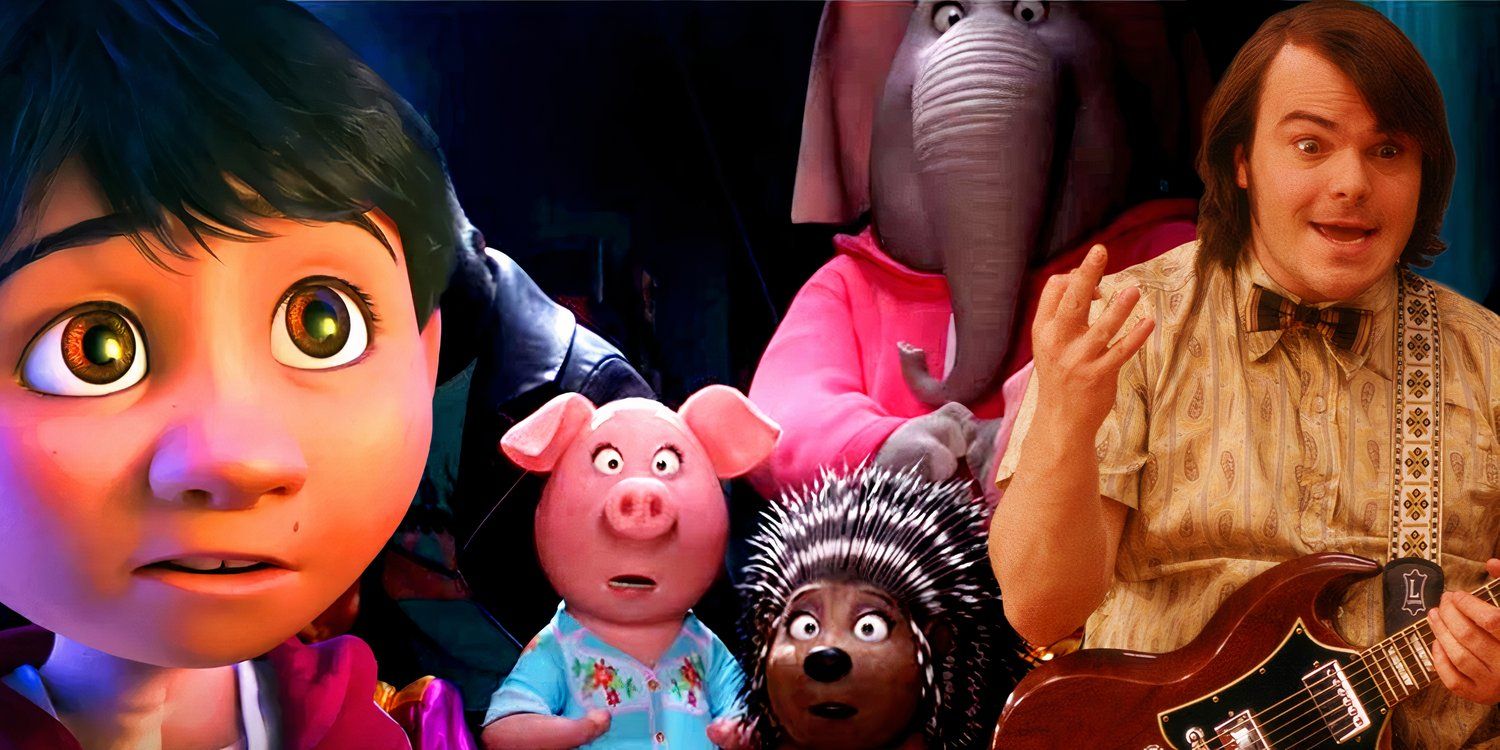
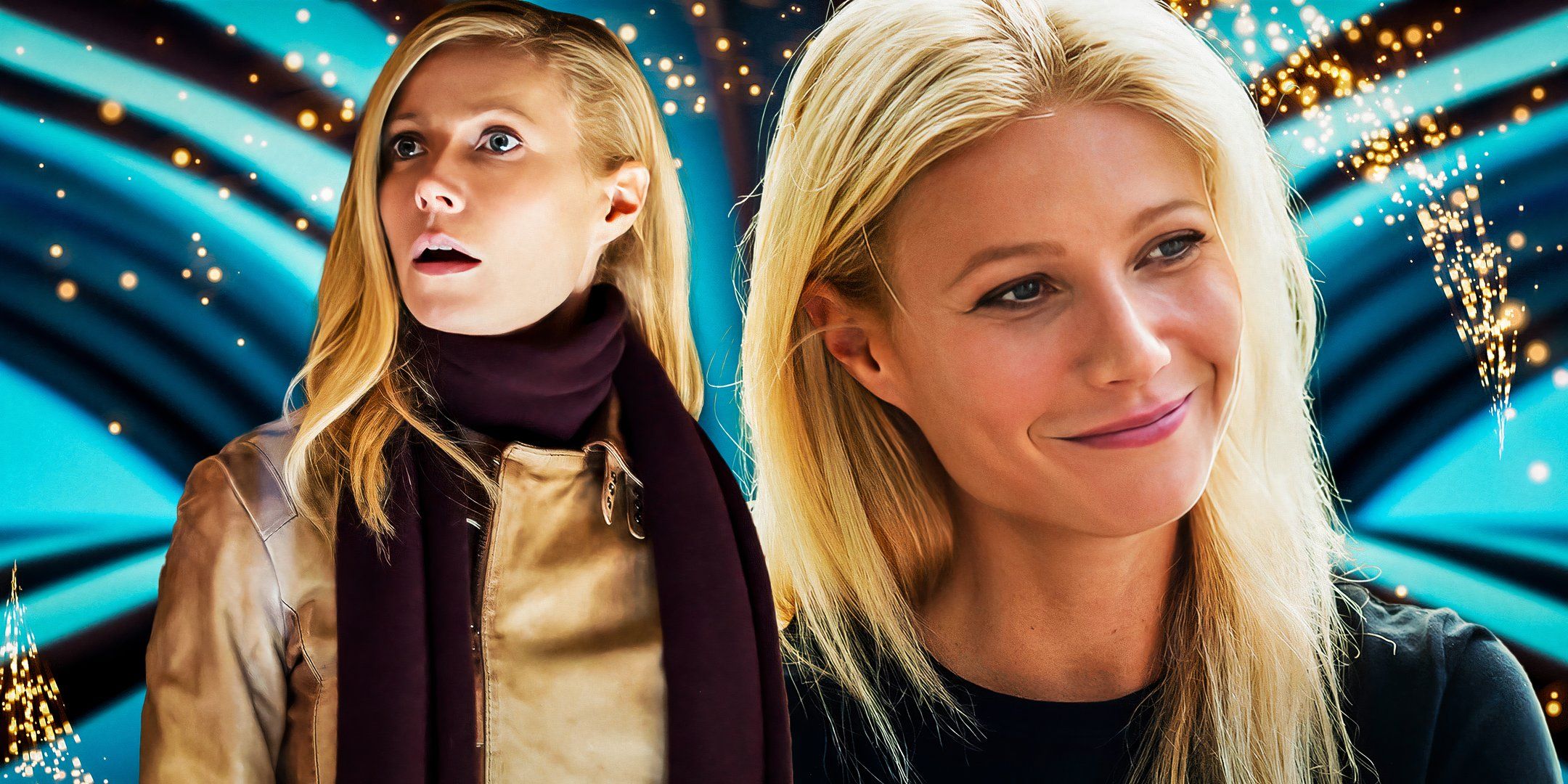
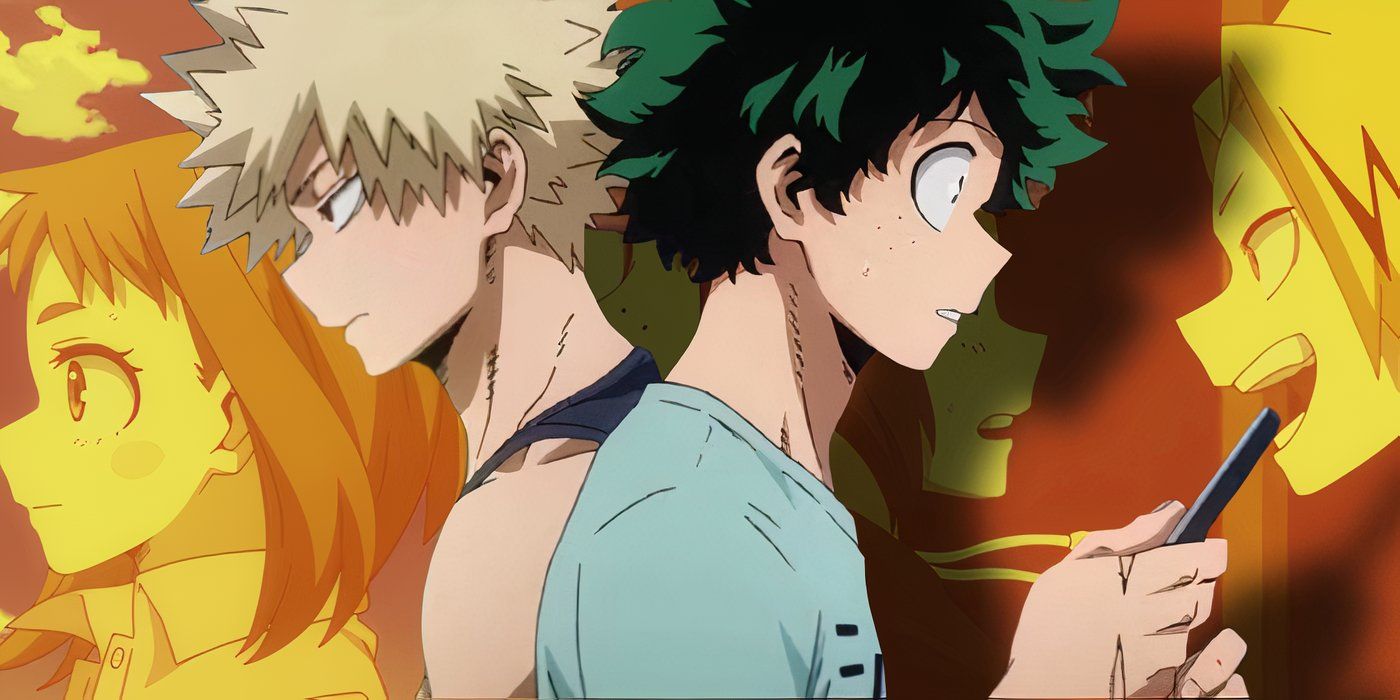





 English (US) ·
English (US) ·